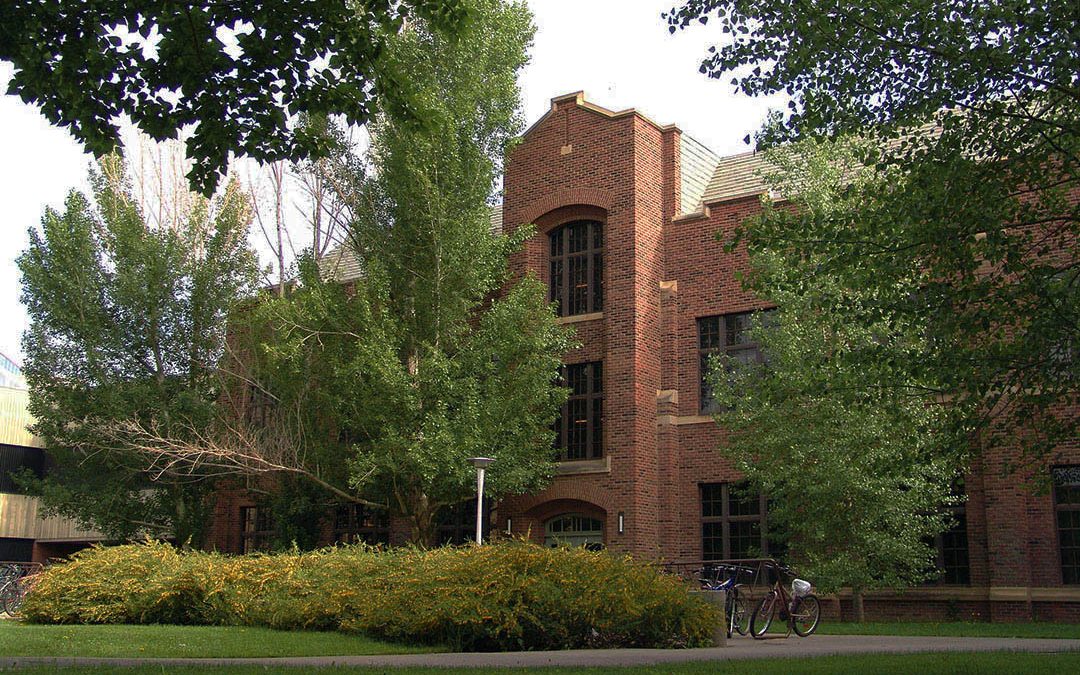Two Indigenous-focused research projects out of the University of Saskatchewan have received $2.4 million in funding.
A wide variety of research projects across the university recently received nearly$4.5 million from the Canadian Institute of Health Research. These projects included research into Covid-19 variants and cystic fibrosis, however, a considerable bulk of the funding was provided to Indigenous-based projects. These projects are looking specifically into using Indigenous ways of knowing and doing in their research.
The first project works very closely with the Recovery Lake Program in the Northern Village of Pinehouse. The Recovery Lake Program is a community-led, land and culture-based healing centre in the northern village. The research is spearheaded by Dr. Malcolm King and will be working with the northern program to explore Indigenous ways of doing in areas of mental health and addictions.
“We will be working in partnership with Pinehouse to explore ways of improving service delivery by incorporating additional land- and culture-based activities as part of the program and conduct process and outcome evaluations,” Malcolm King said. “Data gathering will begin with Métis and First Nations ceremonies, which is the most appropriate way of exploring spiritual and cultural aspects of wellness and Indigenous ways of knowing and doing. Sharing circles and conversational style interviews will be conducted to explore specific topics or to understand individual perspectives.”
The other project that received funding is lead by Malcolm King’s wife Dr. Alexandra King. This project, in partnership with the Elizabeth Fry Society, will be examining the experience of Indigenous women in the criminal justice system. The research is intended to nurture connections to land and culture to support wellness opportunities for Indigenous women in the legal system.
“Exploring what health and wellness mean to Indigenous women with lived experience of the criminal justice system can also inform pathways for reconciliation within the CJS,” said Dr. Alexandra King. “In working with them, we are actively working towards reconciliation, too, putting words into action.”
(PHOTO: The University of Saskatchewan campus. File Photo)
